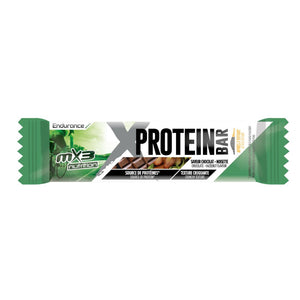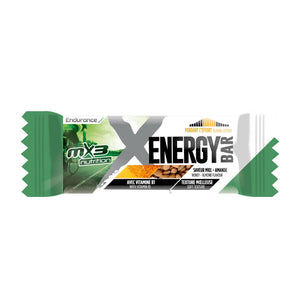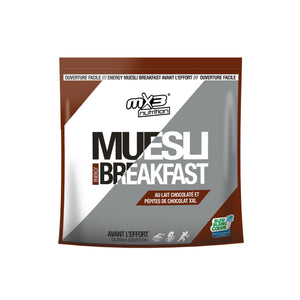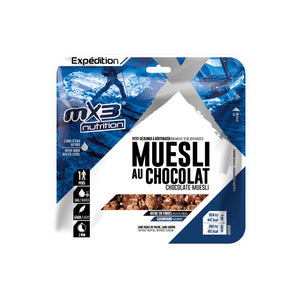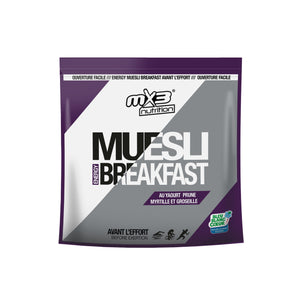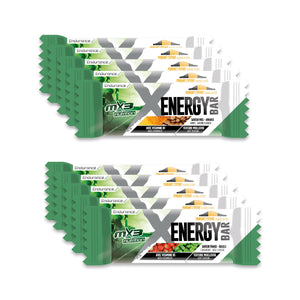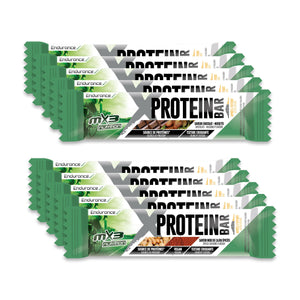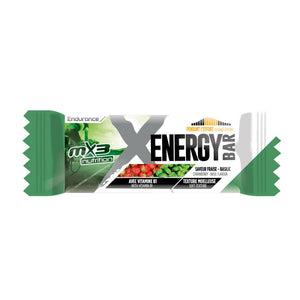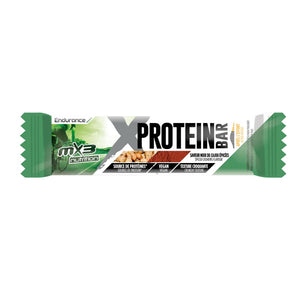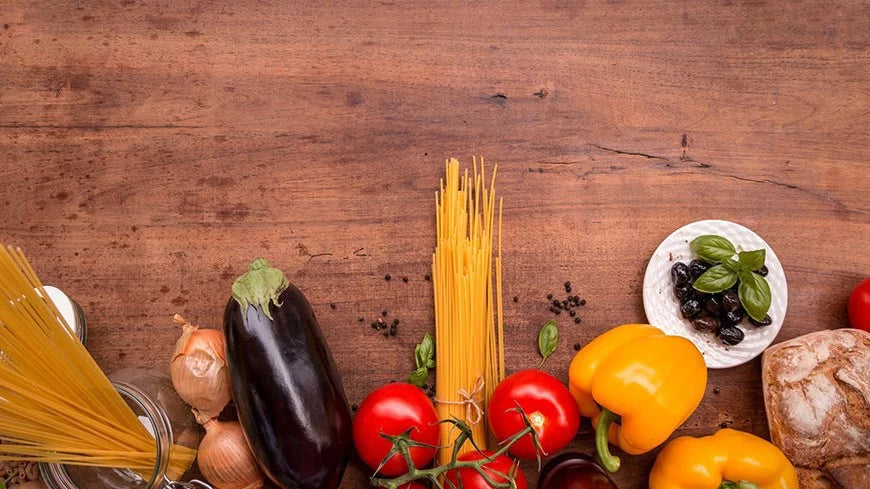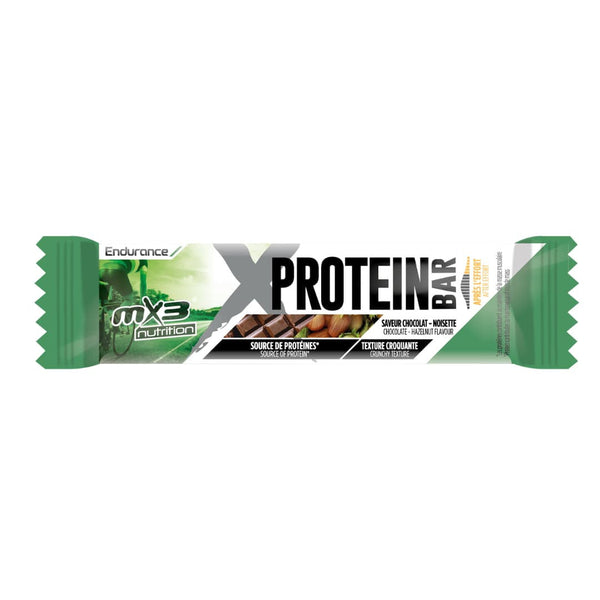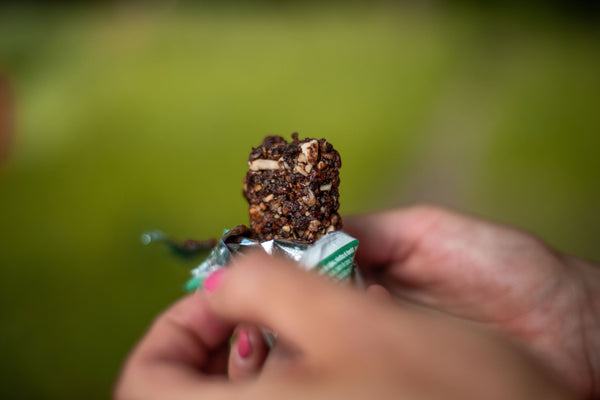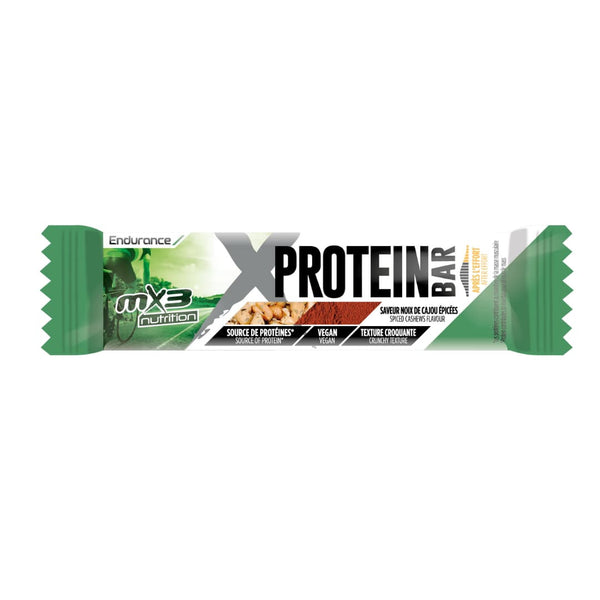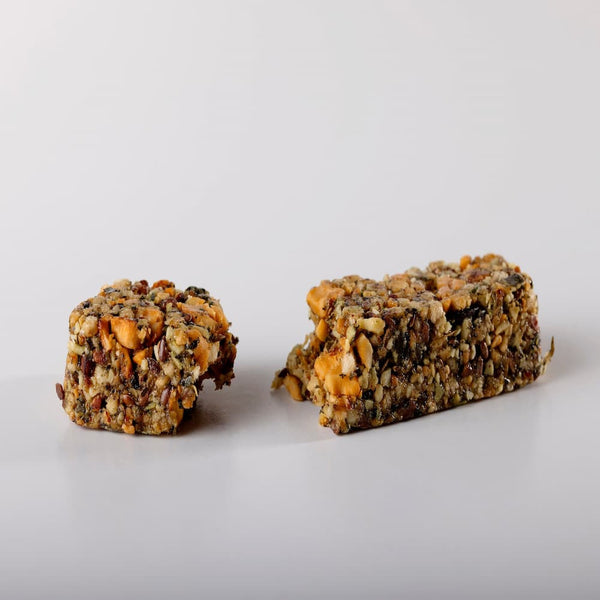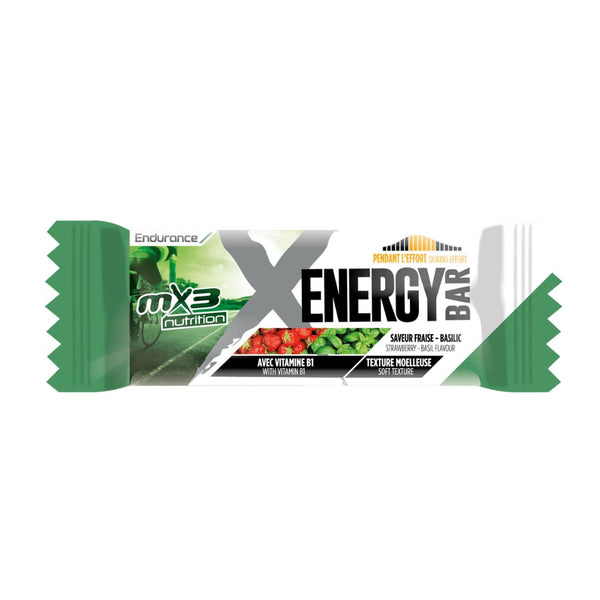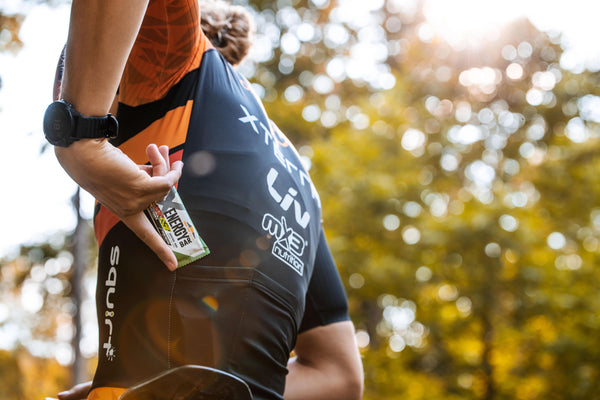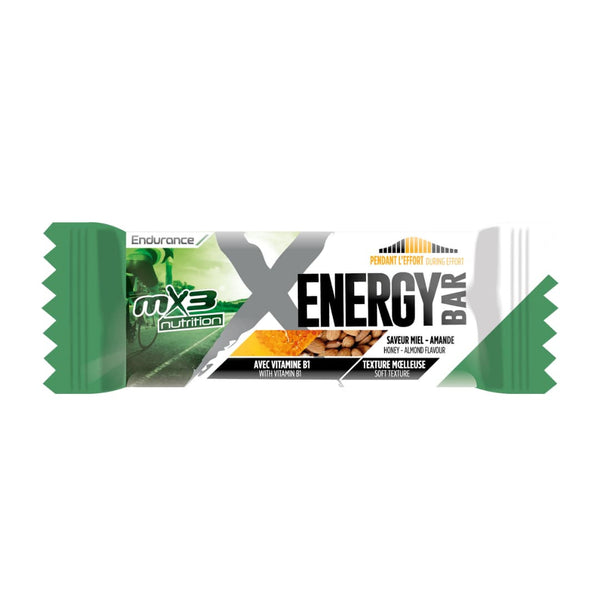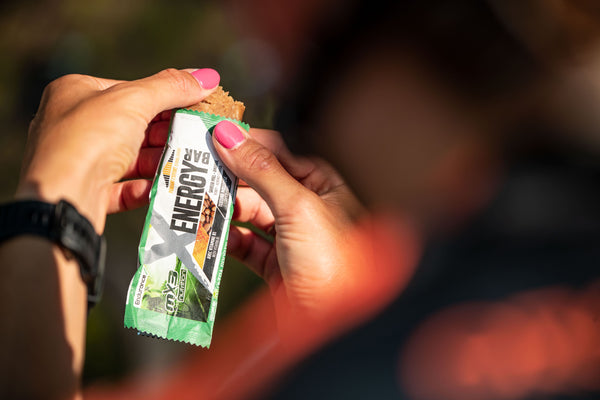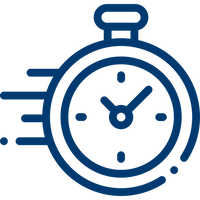In bodybuilding, diet is an inseparable element of training. Having the right reflexes in the gym and on the plate go hand in hand. The nutritional needs are not the same during the mass gain period or during the drying period. Starting a diet without having certain basics in nutrition is equivalent to playing the sorcerer's apprentice. A bad diet can have harmful consequences on health. Certain rules must therefore be followed in order to achieve your goal while staying healthy. Calculating calories, meal composition, we tell you everything in this article.
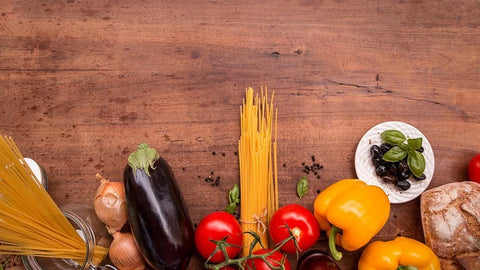
Do you know how to calculate your daily calorie needs?
Calculation of basal metabolism
Basal metabolism is the number of calories your body needs per day at rest. This number of calories corresponds to your body's energy needs. This is an estimate based on age, gender, height and weight. It is interesting to be able to determine your basal metabolism because this figure will then allow you to estimate your caloric needs based on your level of physical activity. There are several methods for calculating basal metabolism. Here is the most used one.
Basal metabolism calculation formula by Harris and Benedict recalculated by Roza and Shizgal
Calculation method for men
13.707 x Weight (in kg) + 492.3 x Height (in m) - 6.673 x Age (years) + 77.607 Example for a 25 year old man weighing 70 kg and measuring 1.80m: 13.707 x 70 + 492.3 x 1.8 - 6.673 x 25 + 77.607 = approximately 1756 kcal
Calculation method for women
9.74 x Weight (in kg) + 172.9 x Height (in m) - 4.737 x Age (years) + 667.051 Example for a 28 year old woman weighing 60 kg and measuring 1.70m: 9.74 x 60 + 172.9 x 1.7 - 4.737 x 28 + 667.051 = approximately 1412 kcal
After calculating your basal metabolism (BMR), you now know how many calories your body consumes per day at rest. In order to determine the number of calories it consumes based on your sports practice, simply apply a multiplier coefficient according to the frequency and intensity of your training. Moderate physical activity (1 to 2 times per week) BMR x 1.375 Active physical activity (training 3 to 5 times per week) BMR x 1.55 Very active physical activity (daily training) BMR x 1.725 Very intense physical activity (daily training + physical professional activity) BMR x 1.9 The result obtained remains, of course, an estimate, since everyone's metabolism is different and unique. This calculation is only used as a basis, it can then be adjusted according to each person, as we will see now.
Caloric maintenance
Caloric maintenance is the number of calories your body needs to cover your daily energy needs without losing or gaining weight. We have seen above a way to estimate caloric maintenance. If your usual diet does not make you gain or lose weight, you can adjust the number of calories obtained by this calculation by simply counting the calories ingested for each of your food intakes. If you are a beginner in bodybuilding, you can use the calculation above to start your caloric maintenance diet and then adjust your number of calories if you notice weight gain or loss. Knowing your caloric maintenance is essential because it is from this figure that you will be able to calculate your needs to start gaining or cutting. There are many ways to calculate your caloric intake:
- Referring to the product label.
- By downloading a specialized mobile application.
- Referring to the Ciqual food table. When you calculate your calorie intake and prepare your menus accordingly, be careful to take into account your diet but also the different food supplements that you can take during the day (whey, gainer, etc.).
How to achieve healthy muscle gain through your diet?
The principle of gaining mass is simple: having a caloric intake greater than your daily energy needs. But it becomes more complex when it comes to maintaining a healthy and above all balanced diet so as not to gain too much fat and not to play with your health.
Start gradually
When you start gaining weight, you may be tempted to suddenly and significantly increase your caloric intake, thinking you will get results more quickly. But this could have the opposite effect to that expected. If weight gain is rapid at the start, it would probably result in significant fat gain and an equally rapid halt in progress. It is advisable to start by increasing your caloric intake by 10-20% (i.e. 200/300 additional kcal per day). If you do not see any progress after 2 weeks, you can then increase the number of calories again. The same thing once you have started gaining weight, the number of calories will need to be revised upwards as soon as you no longer see any weight gain within a reasonable period of time (no need to weigh yourself every day).
Healthy products and a balanced diet
Eating more calories does not mean eating anything. The goal is to gain muscle and not fat. It is therefore very important to know how to compose your meals and snacks and to know how to respect the right proportion of the 3 essential macronutrients: proteins, carbohydrates and lipids. Here is what is recommended during the mass gain period: Proteins: 2-2.5g / kg of body weight (1g of proteins = 4kcal) Lipids: 1-1.5g / kg of body weight (1g of lipids = 9kcal) Carbohydrates: to complete the targeted caloric intake (1g of carbohydrates = 4kcal) Another essential point: the quality of the food. It is important to choose foods that are as natural as possible and that have undergone the least possible processing. These are the ones that will provide the most qualitative nutritional intake. Industrial products such as ready meals, etc., should be avoided, they provide a lot of calories but have a very low nutritional load (empty calories).
Is weight gainer useful?
The use of a gainer is recommended in two cases. If you have what is called an "ectomorph" or "hard gainer" profile, that is to say that you have a lot of trouble gaining weight (and therefore muscle), even by eating a lot, the use of a gainer will probably be essential. The weight gainer is also interesting if you do not have the possibility of having as many meals as necessary, up to 5-6 during the mass gain period!
Adapted training
Even though it may seem logical, it is important to specify that all these nutritional tips are accompanied, of course, by suitable training. If the intensity of the training is not sufficient, the risk is to gain fat instead of gaining muscle. During the mass gain period, we recommend that you train 3-4 times a week in a split routine. This will allow you to work on each muscle group during the week.
How to adapt your diet during a drying period?
You've probably already understood that the principle of diet during a dry period is the opposite of that during a mass gain period. It involves having a caloric intake lower than your needs in order to lose fat. The goal is to lose as little muscle mass as possible.
Fatal mistake: eliminating all fats from your diet
Wanting to completely eliminate lipids from your diet during a drying period is a common mistake. No longer consuming fats in order to eliminate your fat mass may seem logical, but it will not have the desired effect. Indeed, lipids play several crucial roles:
- Delivery of certain proteins and hormones
- Transport of fat-soluble vitamins
- Participation in the constitution of cell membranes
It is therefore essential to maintain a portion of lipids in your daily diet, even during a drying period, at the risk of developing certain deficiencies and a metabolic slowdown, which will slow you down in your progress. It is not recommended to go below 15-20% of caloric intake in the form of fats. As for proteins, it is also advisable to maintain approximately the same intake as during a caloric maintenance period. As you will have understood, the adjustment of your diet therefore lies in your carbohydrate intake!
And what about food supplements?
Dietary restrictions during a dry period can be a source of deficiencies or lack of energy in daily life and training. Appropriate supplementation, such as vitamins, may therefore be necessary depending on the food intake and needs of each individual. Using a fat burner can also reinforce the action of your diet. Some active ingredients have the property of helping to reduce the accumulation of fat. Often rich in stimulating active ingredients (caffeine, green tea, guarana, etc.), fat burners can also give you a boost of energy.

